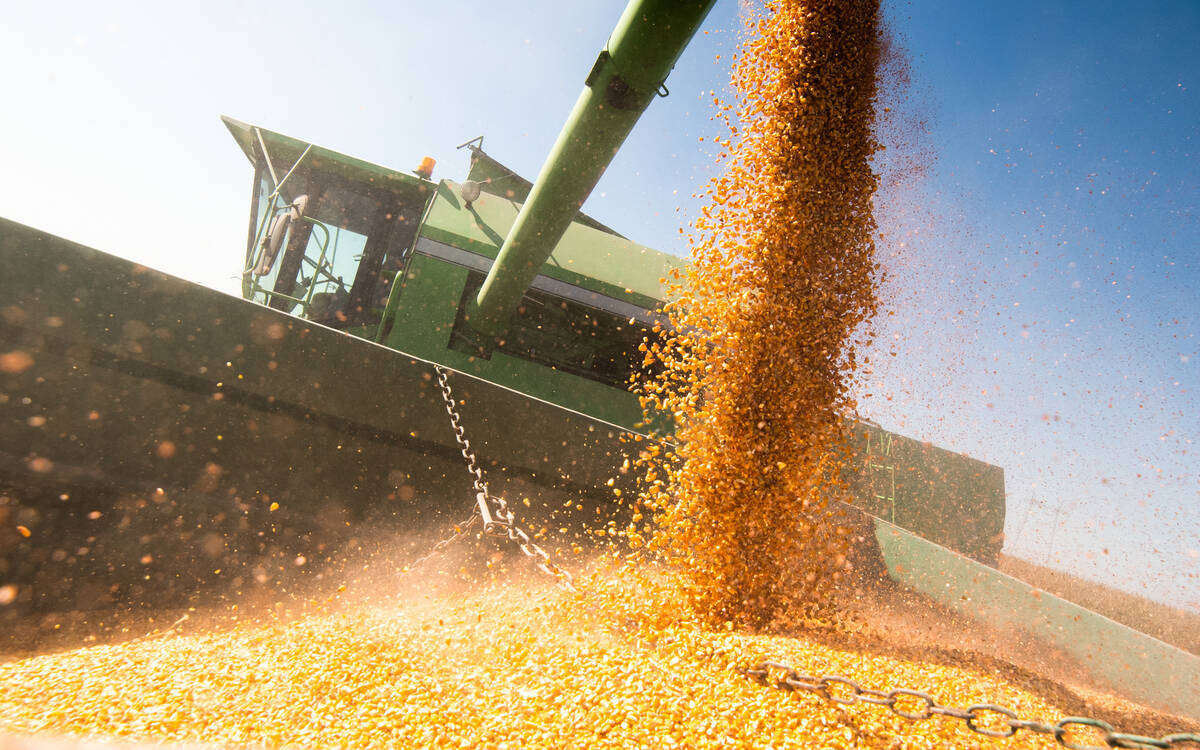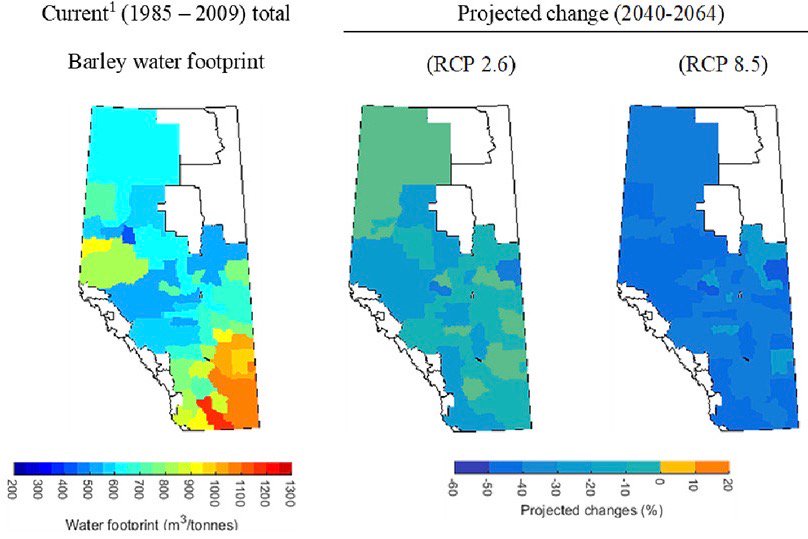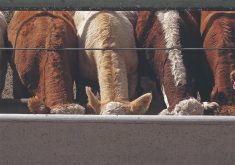A billboard about Alberta barley’s prospects under climate change in the University of Alberta’s ‘Truth Matters’ promotion — a series of ads meant to spark discussion about its researchers’ work — has been winnowed out of the campaign.
Jacqui Tam, the Edmonton-based U of A’s vice-president for university relations, announced Sunday it would withdraw the campaign’s “Beefier Barley” billboard ad “as soon as possible.” As of Monday, the segment had also been taken down from the Truth Matters web page.
Read Also

Feed Grain Weekly: Corn affecting barley prices in Lethbridge
Corn imports entering Lethbridge have lowered prices for feed barley compared to those in Edmonton.
Tam, in the same statement, said she has resigned her post “effective immediately.”
In a previous statement Thursday, Tam explained that the Truth Matters campaign has appeared in various media since last fall. It showcases researchers’ discoveries in “a range of areas” so as to “highlight University of Alberta research that tackles today’s complex challenges, and to encourage discussion.”
Society’s adaptation to climate change “is a key global challenge,” Tam said of the billboard Thursday. “The research this ad highlights is important and one of many lines of inquiry being pursued at the University of Alberta.
“Seeking and understanding the potential consequences of climate change matters. The full breadth of research related to climate change conducted at our university — and other universities — matters.”
The “Beefier Barley” billboard featured the two words above the U of A logo and the statement “Climate change will boost Alberta’s barley yield with less water, feeding more cattle.”
The statement referred to research published in November 2017 by U of A assistant professor Monireh Faramarzi and post-doctoral fellow Badrul Masud, examining “agro-hydrological” models that combined “nine different climate change models and 18 future scenarios.”
The models were meant to assess the “water footprint” of barley by simulating future crop yield and consumptive water use within agricultural Alberta.
The research framework, with locally adapted regional model results, is expected to “facilitate the development of future water policies… by providing improved (water footprint) projections.”
In Alberta barley’s case, the results point to a “considerable decrease” — between 10 and 60 per cent — in water footprint in the period from 2040 to 2064, compared to a simulated baseline 1985-2009 footprint.
“Less water will also be required to produce barley in northern Alberta (rainfed barley) than southern Alberta (irrigated barley) due to reduced water consumption,” the study predicts.
Faramarzi said the study’s results were subject to the accuracy of the global climate data the team used to predict barley yield and water consumption.
Masud was quoted in a 2017 U of A report on the study as saying it “will help establish the idea that climate change is not always negative.”
But Tam, in Sunday’s statement, stressed that the research highlighted by the ad “does not promote climate change as a benefit; nor was that the meaning intended by the ad.”
All that said, she added, “public response has made clear that the advertisement’s wording fails to communicate the meaning and complexity of the research, allowing for easy misinterpretation.”
Without citing any specific criticisms levelled at the billboard, she said, its messaging “called the reputation of the University of Alberta and its extensive research on climate change into question” and in her role as vice-president “I apologize for this and take responsibility.”
Faramarzi, speaking to CBC in Edmonton on Monday, said the 2017 research focused on carbon dioxide levels, but she again emphasized that factors such as water temperature, soil moisture and nutrients present “assumptions and limitations” to the outcomes described.
“That climate change would be something positive or negative…was definitely not the ultimate message of the paper,” she said. — Glacier FarmMedia Network


















